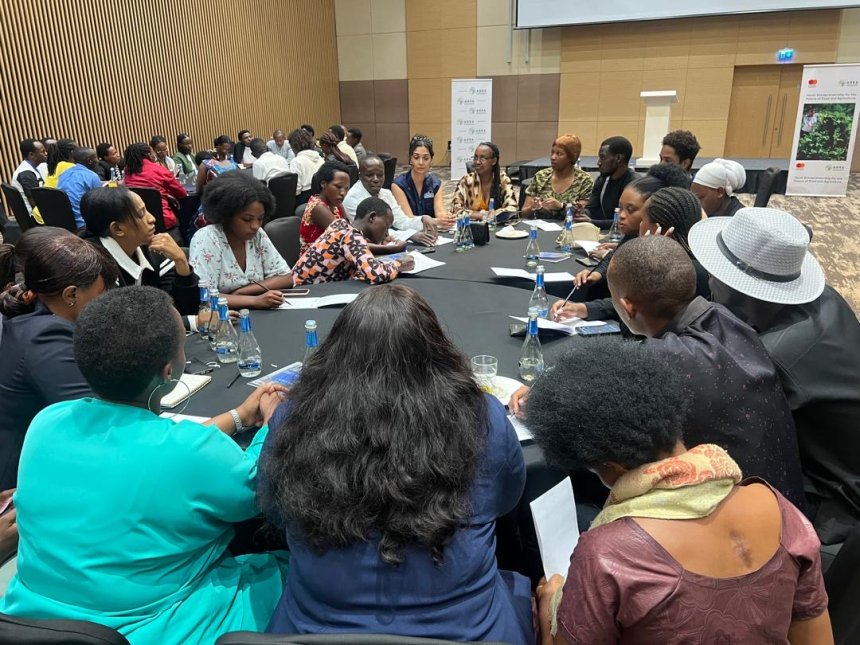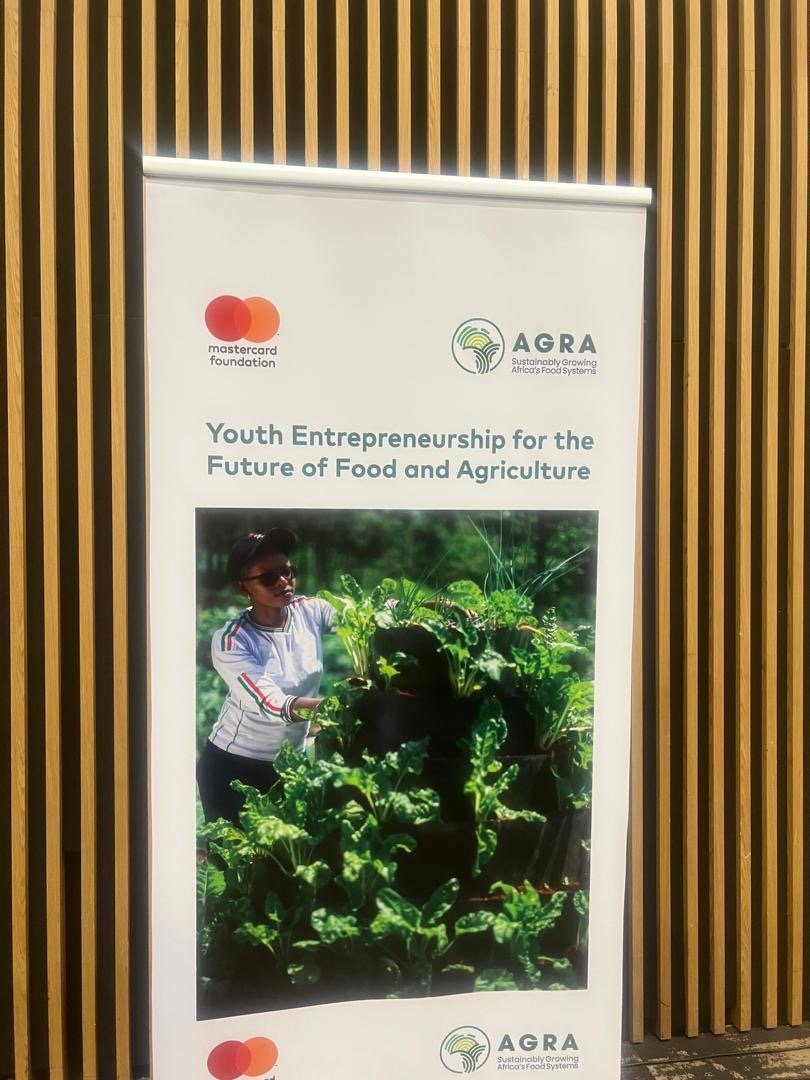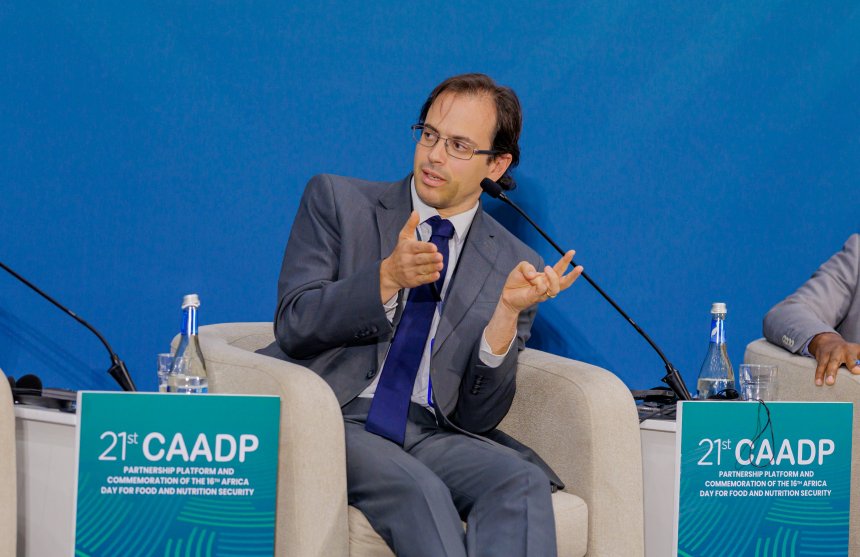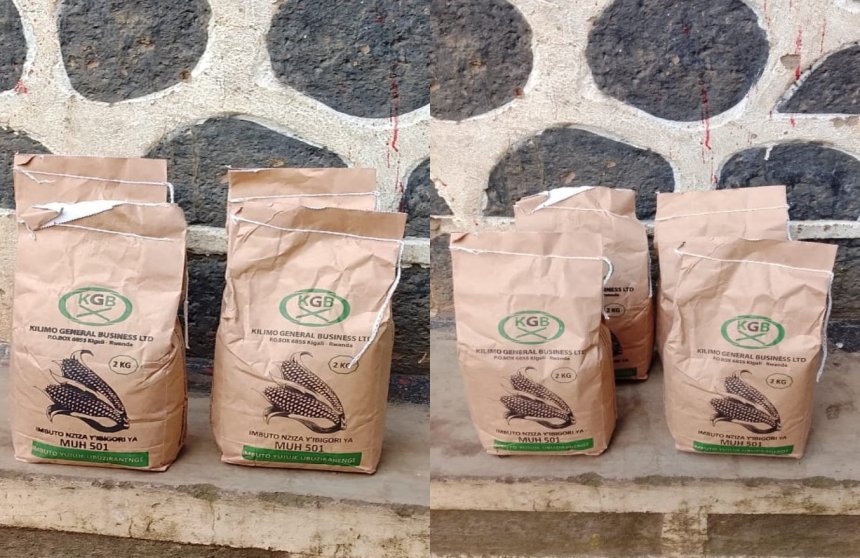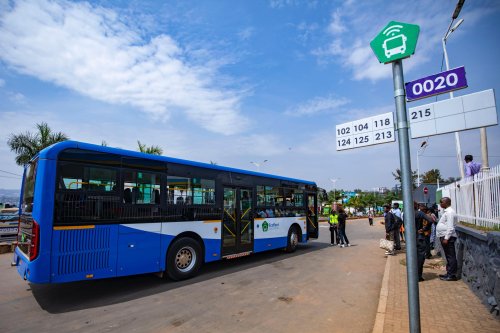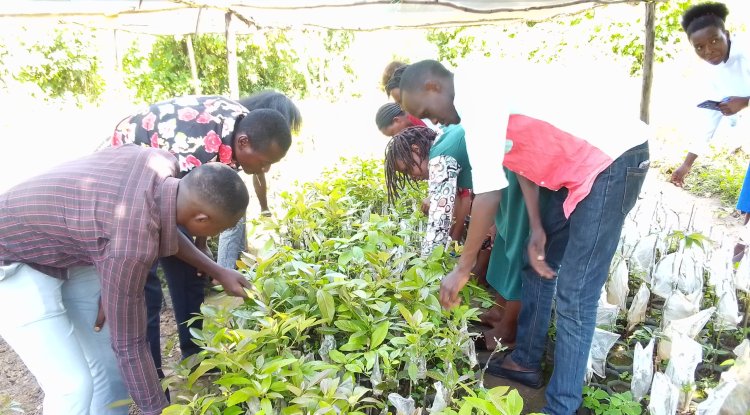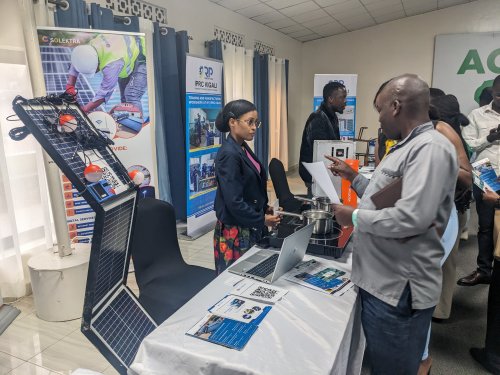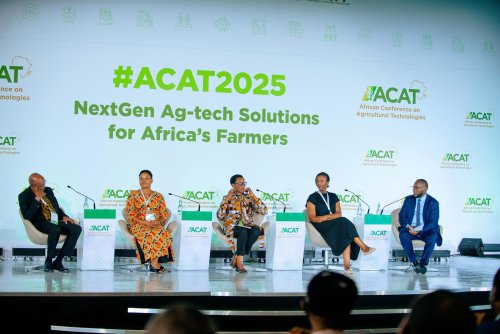Sowing the Seeds of Change-Rwandan Youth Lead Agricultural Innovation for Jobs and Climate Resilience
More than 100 young Rwandan agripreneurs have gathered at the Kigali Convention Centre for a national forum spotlighting agriculture as a driver of job creation and climate resilience. Held under the theme “Empowering Youth for Decent Jobs and Climate-Resilient Food Systems,” the two-day event is organized by AGRA in partnership with the Mastercard Foundation.
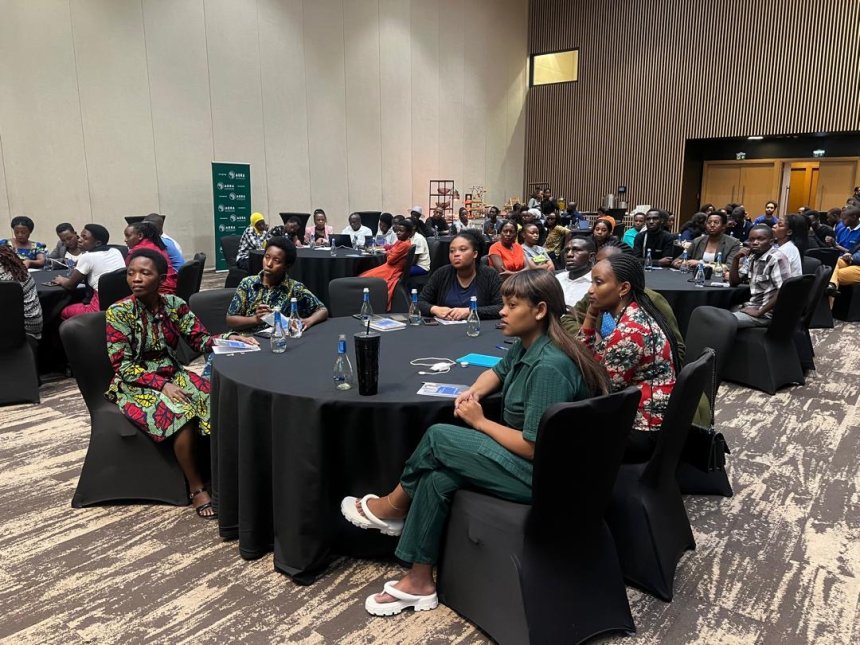
The convening is part of the Youth Entrepreneurship for the Future of Agriculture (YEFFA) program a five-year, pan-African initiative aimed at transforming agriculture into a viable pathway to dignified employment, particularly for young women and People Living with Disabilities (PLWDs). In Rwanda, where 60% of the population is under the age of 35 and 64% depend on agriculture for their livelihoods, YEFFA addresses persistent barriers such as limited access to land, finance, and digital literacy.
Implemented by AGRA in collaboration with local organizations including the Rwanda Youth in Agribusiness Forum (RYAF), Akazi Kanoze Access (AKA), Empower Rwanda, and others YEFFA focuses on high-potential agricultural value chains such as maize, beans, passion fruit, poultry, and tomatoes. These crops were selected for their potential to generate jobs and enhance food security.
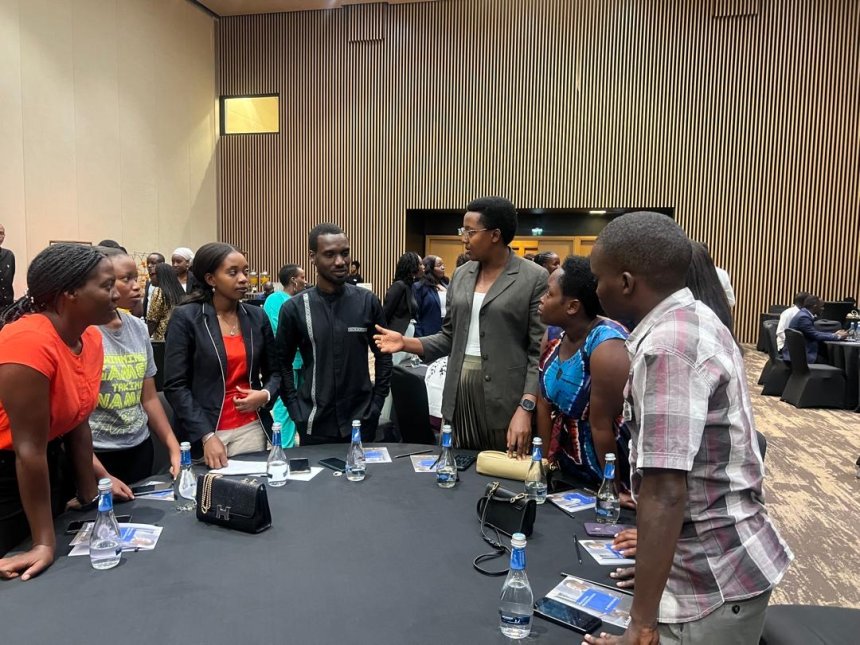
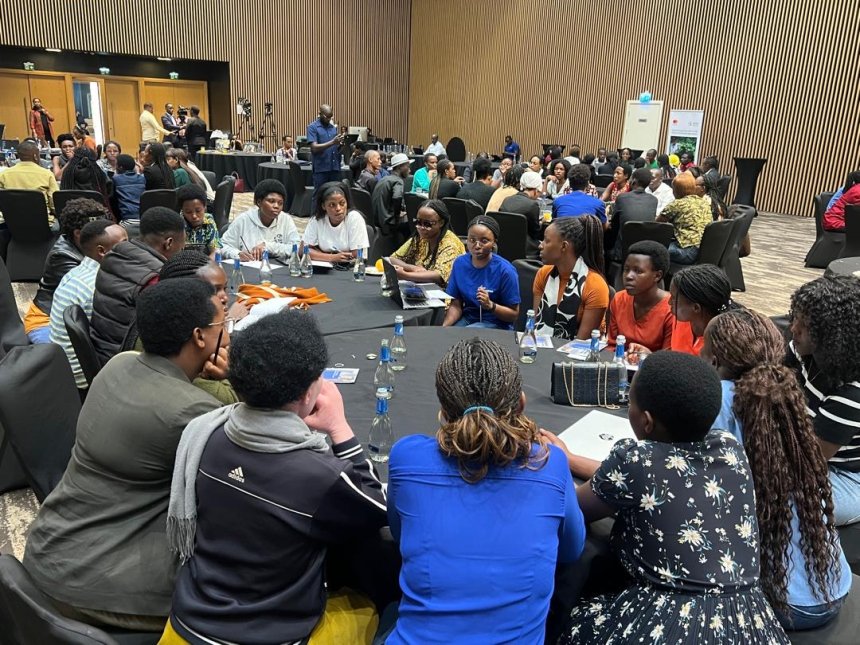
Youth Voices at the Forefront
At the heart of the convening were the stories of young entrepreneurs. Through interactive breakout sessions, panel discussions, and an innovation showcase, agripreneurs shared personal journeys of determination, creativity, and impact.
“I began by experimenting with pumpkin seed oil in my kitchen,” shared Mukagahima Marie Ange, founder of Zima LT. “Today, Zima processes oil from pumpkins and other seeds. I’ve hired five other young people. Agriculture helped me grow my income and build a brand that promotes health and employment.”
Jean Claude Murenzi from Nyamagabe shared how he transitioned from unemployment to becoming an exporter of passion fruit. “I started with just a small plot of land and a few seedlings. Now, I’ve created jobs for three other youth in my community. My dream is to build a regional agribusiness brand.”
In Gatsibo District, Maniragena Olive recounted her humble beginning: “I started with only 10,000 Rwandan francs to grow vegetables for a nearby school. Now I cultivate 2,000 square meters and plan to expand to 2 hectares to serve more schools and local markets.”
From Kirehe District, Ishimwe Bonnette emphasized the power of collaboration: “My colleagues and I began growing avocados, a crop that wasn’t common in our area. We started with 15 hectares and now farm 247 hectares. We aim to serve local markets, start exporting, and establish a processing facility.”
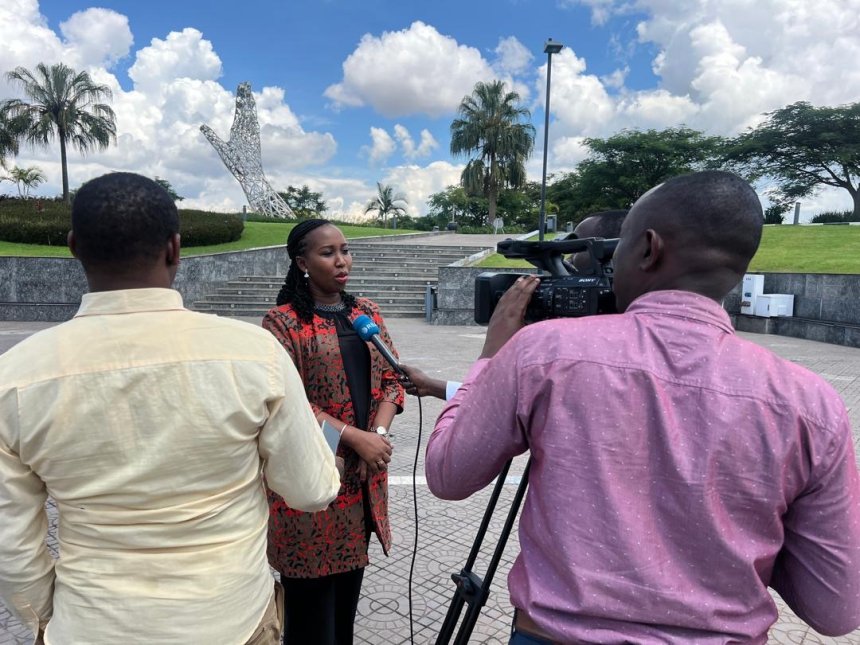
Addressing Systemic Barriers
Participants also examined structural challenges that hinder youth participation in agriculture—ranging from market access and land tenure to access to finance and involvement in policymaking. Breakout groups are currently compiling these insights into a youth communiqué, which will be submitted to national policymakers and AGRA leadership on June 5, 2025. The recommendations are expected to inform future strategies and unlock new opportunities for youth-led agribusinesses.
“YEFFA is more than a program it’s a platform that gives us a voice and the tools to lead,” said one youth participant. “We’re not just the future of agriculture we are the present.”
A National Commitment to Youth Employment
According to Lucia Zigiriza, Senior Coordinator of Partnerships at AGRA in Rwanda, the YEFFA initiative is directly aligned with Rwanda’s National Strategy for Transformation (NST2), which targets the creation of 1,250,000 jobs between 2024 and 2029.
“YEFFA is not only creating opportunities for youth it is reshaping the narrative around agriculture in Rwanda,” said Zigiriza. “Through this initiative, AGRA is committed to creating 132,000 decent jobs over the next five years. Together with our partners, we aim to contribute to more than 300,000 employment opportunities. It’s about scale, sustainability, and inclusivity.”
She added that youth are not passive recipients but active leaders in this transformation.
“These young people are proving that with the right support, agriculture can be smart, innovative, and dignified. We are proud to be walking this journey with them.”
